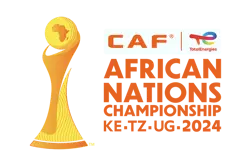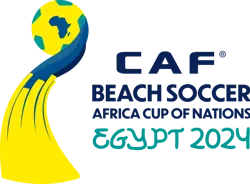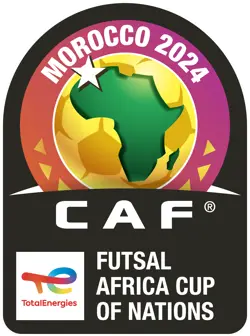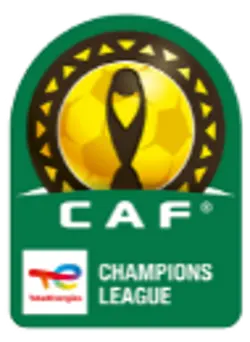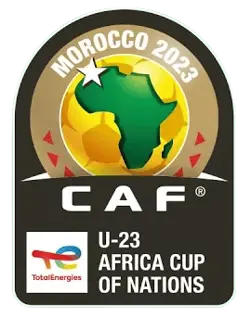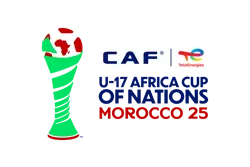Justin Madugu: The Man Redefining the Rules
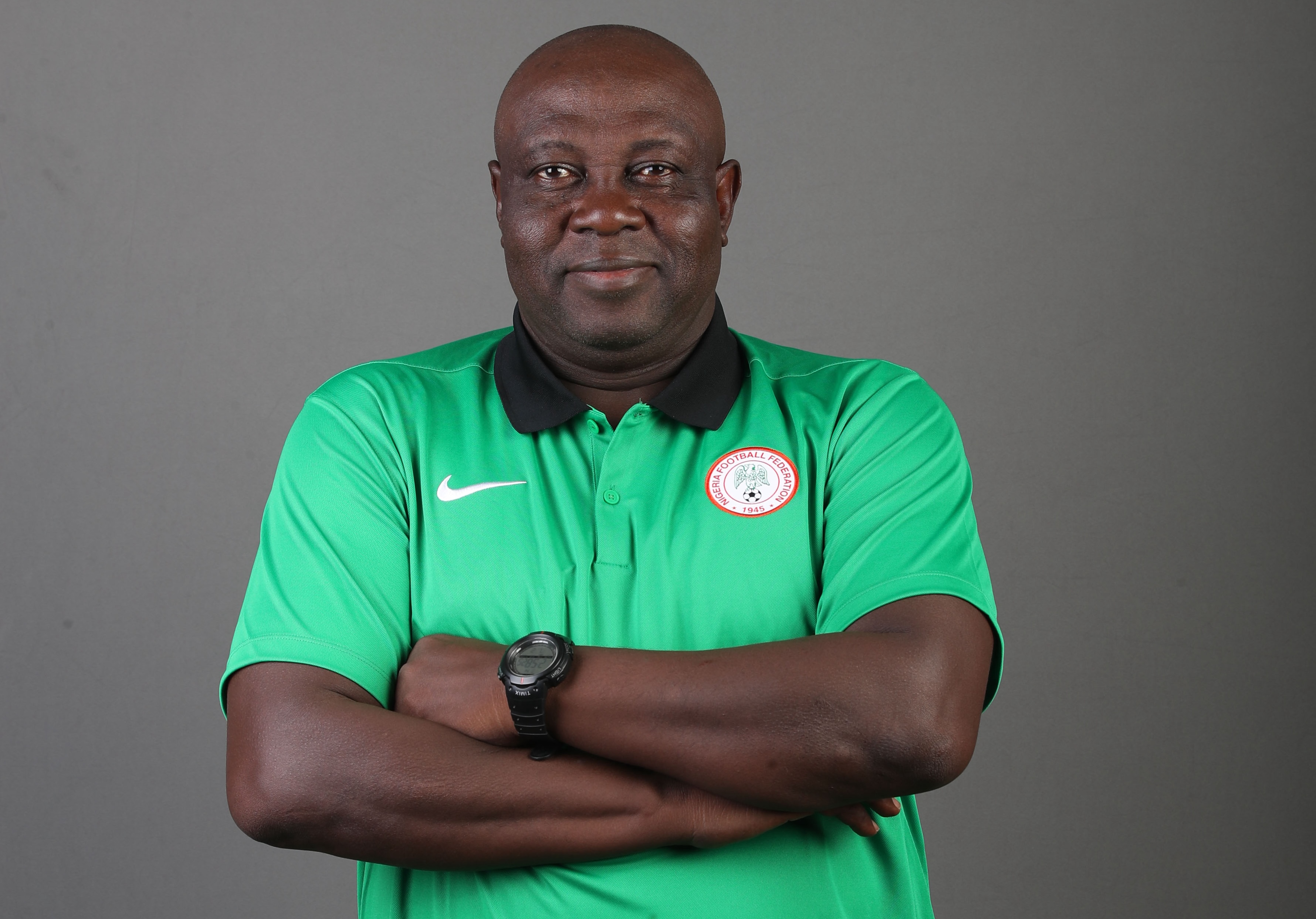
From the group stage to the final, Nigeria’s journey at the 2024 CAF TotalEnergies Women’s Africa Cup of Nations has been one of tactical brilliance, composure under pressure, and collective strength.
Under Justin Madugu, the Super Falcons have rediscovered their competitive edge—remaining unbeaten, conceding just once, and defeating three former champions en route to the final.
Whether dispatching Tunisia with clinical precision, outwitting defending champions South Africa in the semis, or navigating a tense quarter-final showdown, Madugu’s imprint has been unmistakable. Calm on the touchline and meticulous in preparation, he has turned a transitional squad into title contenders—instilling belief, unity, and tactical discipline.

Winning Tactics with Purpose
The term “winning coach” is often overused, invoked with every tactical tweak. But in the case of Justin Madugu, it regains its full meaning. The Super Falcons head coach approaches every game like a seasoned strategist—with intuition, boldness, and impeccable man-management.
In the semi-final of the CAF Women’s Africa Cup of Nations against South Africa (2–1), he struck again. After Linda Motlhalo’s equalizer, the match appeared to be slipping into deadlock. But Madugu didn’t panic—he anticipated, adjusted, and made his move.
In the 81st minute, he introduced Deborah Abiodun. Far from a gamble, the young attacker was deployed just behind the front line to inject tempo. A few touches, a burst of pace, and a sublime pass behind the South African defense—Michelle Alozie latched on and delivered the knockout blow in added time (90+4).
“We prepare different scenarios for every game—if we’re leading, drawing, or chasing a late goal,” Madugu calmly explained. “When South Africa equalized, we reminded the players that the match isn’t over until the final whistle. They believed in themselves and were rewarded.”

Oshoala Benched, Echegini Rested
Madugu showed his tactical boldness from the opening game against Tunisia (3–0). He made tough calls—Jennifer Echegini, dazzling this season with PSG, started on the bench.
Asisat Oshoala, a legend of African football, was substituted after scoring. Few coaches would dare. Madugu did and took responsibility. “Every player has a role to play. No one is more important than the team. Our strength lies in unity, and everyone is treated with equal respect.”
Behind this philosophy is a clear method and a vision. When he named his squad for the tournament, 11 debutants made the list. A decision that raised conservative eyebrows, but for Madugu, it was a bold opportunity, not a risk. “They earned their places during the preparatory matches. They belong here—there’s no nervousness, no doubt about their value to the team.”
Youth Empowered, Squad Rejuvenated
It was a gamble. One that paid off. The team now blends seasoned veterans with energetic newcomers.The chemistry is real, on and off the pitch. Seniors guide and mentor. The young players listen, learn, and rise. A smooth generational handover, seamlessly managed.
“It’s a learning process. This tournament is transforming them. It will benefit their club and international careers.” Madugu isn’t just managing, he’s building. He’s thinking long term. By breaking free from rigid hierarchies, he’s fostering competition, innovation, and ambition. The Nigeria of 2025 is no longer a gallery of stars—it’s a carefully crafted collective. And its chief architect is just getting started.
On Saturday, the Super Falcons will face host nation Morocco in the final, a daunting challenge in a packed stadium. But with Madugu at the helm, nothing seems impossible. Because under his guidance, Nigeria isn’t just playing with its legacy, it’s playing with fresh ideas and winning with them.


